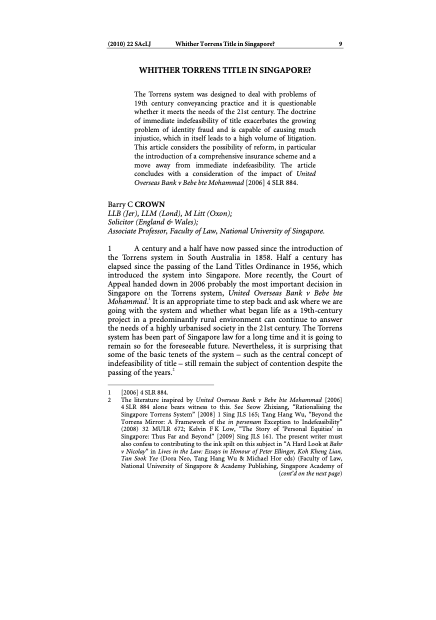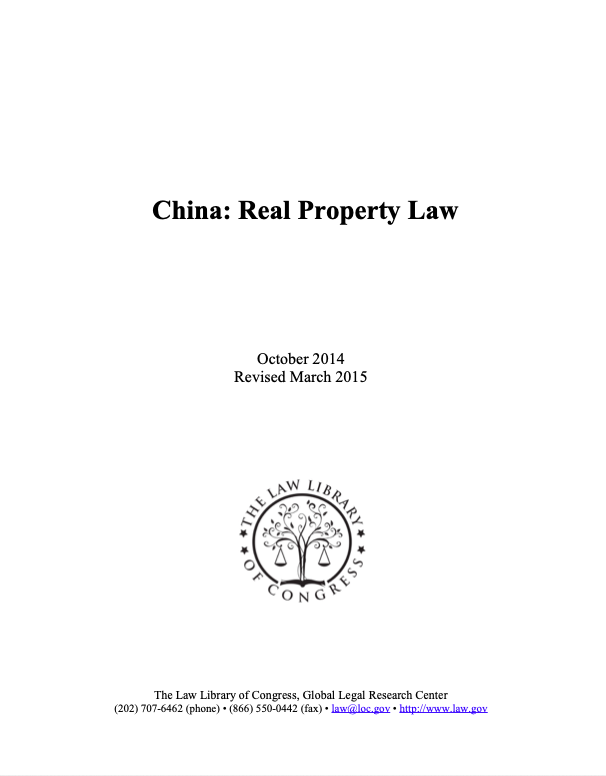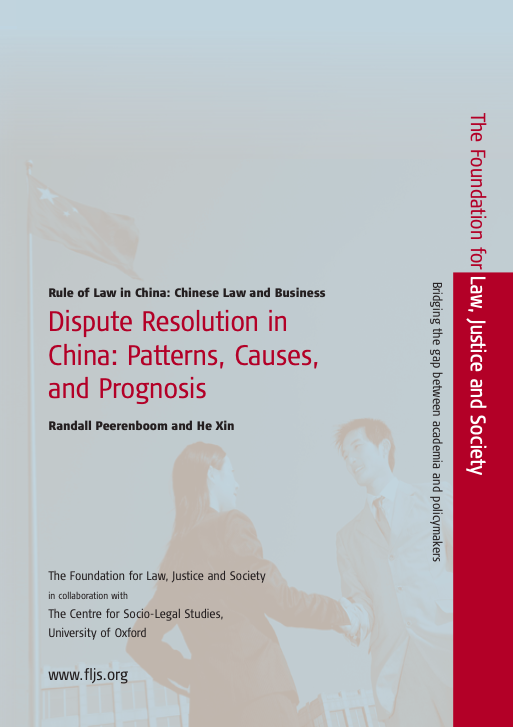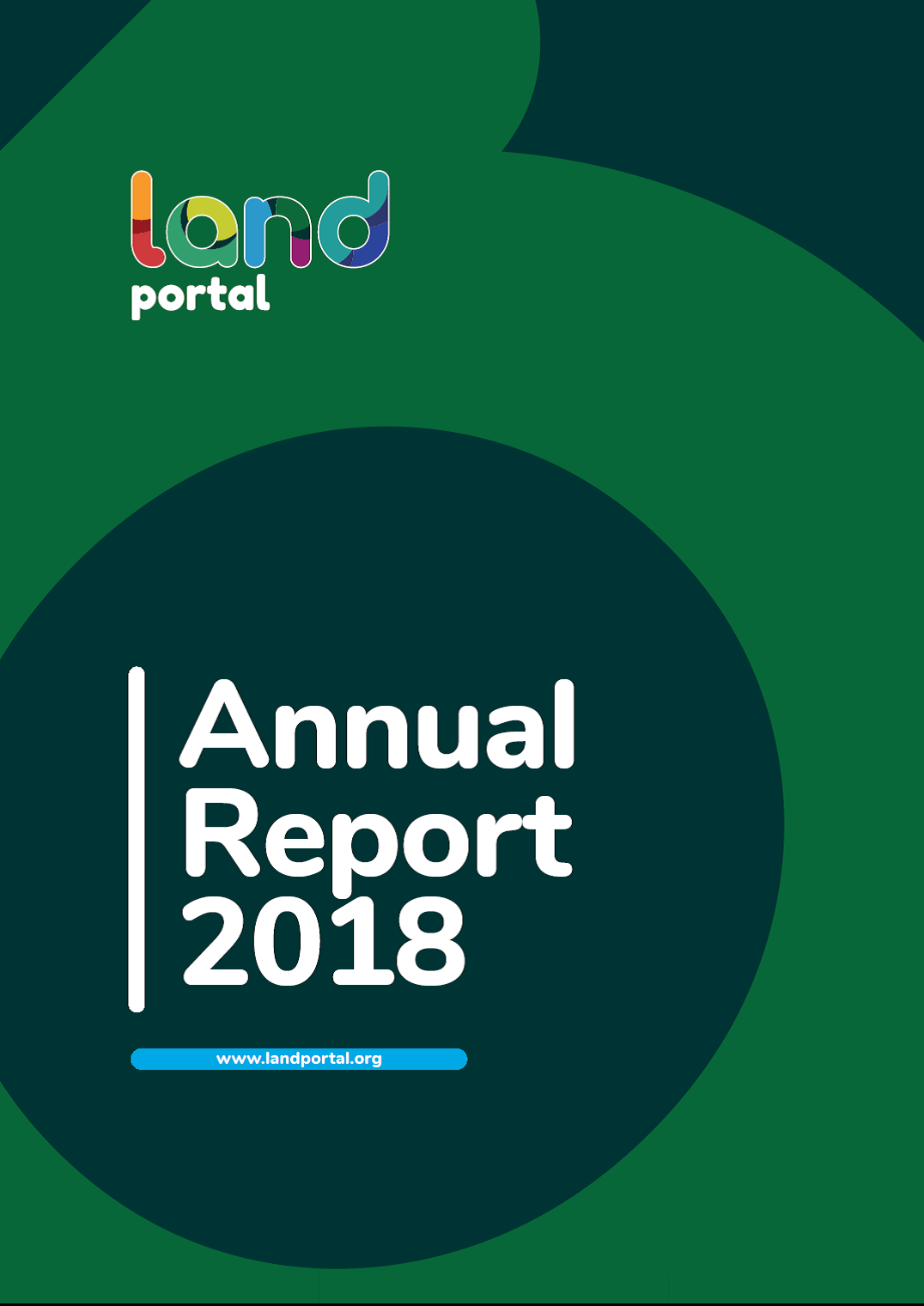Compulsory Acquisition of Land in Singapore
This article outlines the legislative history of the Land Acquisition Act (Cap 152, 1985 Rev Ed) and the philosophy behind the legislation. The main thrust of the article is its analysis of the circumstances leading to the amendments to the Land Acquisition Act. In so doing, it also examines the development of the compensation framework and its implications for landowners. A number of landmark cases on interesting issues have also been referred to and these serve to illustrate the changing paradigms of the State and the landowners with the passage of the laws on compulsory acquisition.







